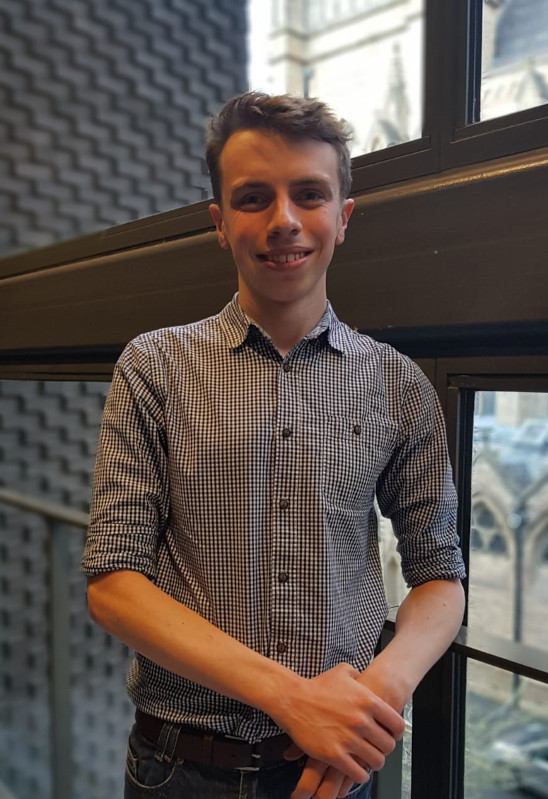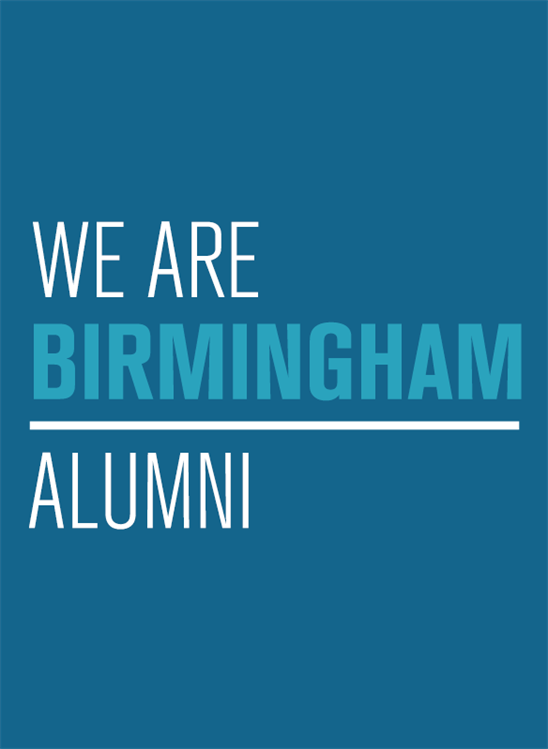Jack Lownes
MSci Chemistry, 2015
PhD researcher in Chemistry, University of Manchester
Two months after the last article I wrote was published, events took a slightly unconventional turn when my PhD supervisor told our group that he was moving to the University of Manchester and that he would like us all to go with him. I mulled it over for a few days and ultimately realised that moving would be the best thing for my PhD. Decision made. I arrived in Manchester in November 2016.
Simply put, starting anew halfway through a PhD was hugely difficult. Leaving behind all of my family and friends was very isolating, moving house twice in two months was exhausting, and the lab time lost in starting again and setting up was a constant source of anxiety. It was, however, a good opportunity to assess what was and wasn’t working in my project and to sort through the data I’d acquired so far.
We arrived to a lab that consisted of an empty room with one fume hood, so my colleagues and I were responsible for setting up instruments, learning how to use new equipment, getting to grips with new systems, and dealing with a seemingly endless supply of paperwork. It was certainly an experience I wasn’t expecting to have when I signed up to do a PhD, but one that allowed me to gain a great deal of useful skills!

A few months after the move, I joined the department’s Postgraduate Committee as a Wellbeing Representative. Through this, I founded the wellbeing magazine ‘Minds over Matters’ and I was the coordinator of our department’s first ever ‘Mental Health morning’ – in a collaboration with local and nationalwellbeing organisations, we successfully engaged with over 150 students and staff in raising awareness of mental health in the student population, signposting towards services, and breaking stigma and taboos around mental health. As this was done in conjunction with Movember, I even grew a moustache (or tried to – thankfully there are no photos!)
I’d always taken every opportunity that I could get to teach while I was doing my PhD. I’d been a demonstrator in teaching labs and workshops, and I had loved every minute of it! At the start of my third year, I was made aware that I could apply for Fellowship of the Higher Education Academy. After making some enquiries, I decided to apply. I had to write two reflective and evaluative case studies on my own teaching activities, complete a mapping exercise to highlight my teaching experience, and collect statements from two referees. As I’d been persuaded to apply for a higher level of Fellowship than what I’d originally planned for, I didn’t think I’d have the experience or that my portfolio would be good enough for the award. The assessors disagreed, however, and I was awarded Fellowship last September! It was fantastic to be acknowledged and to gain a nationally-recognised qualification that I would be able to use going forward in my career.
As I come to the end of this article, you’ll notice that I haven’t talked about my research at any great length. As I approach the end of my PhD, I realise now that I don’t want to spend my life in research and academia. I’ve also experienced a lot of shocked and surprised looks from people when I tell them this. For anyone in the same position reading this, let me tell you that it is an entirely legitimate and understandable conclusion to reach. I am not the first, and I’m certain I won’t be the last. However, that isn’t to say that I haven’t learned things and developed skills from doing a PhD: in addition to my research work, I’d set up a brand-new facility for chemical synthesis, taken on student mental health, worked hard to be awarded a Higher Education Academy Fellowship, and organised a research conference. All of these have been immensely useful to me when writing CVs and planning where I’m going to go next.

“It is your opportunity to develop your career – no one else’s. There is no one right path to take, and doing a PhD is about enhancing your own skills (and this isn’t, and never should be, confined solely to research skills). Take the opportunity to do other things – you might just discover talents that you never knew you had.”
You could inspire our students